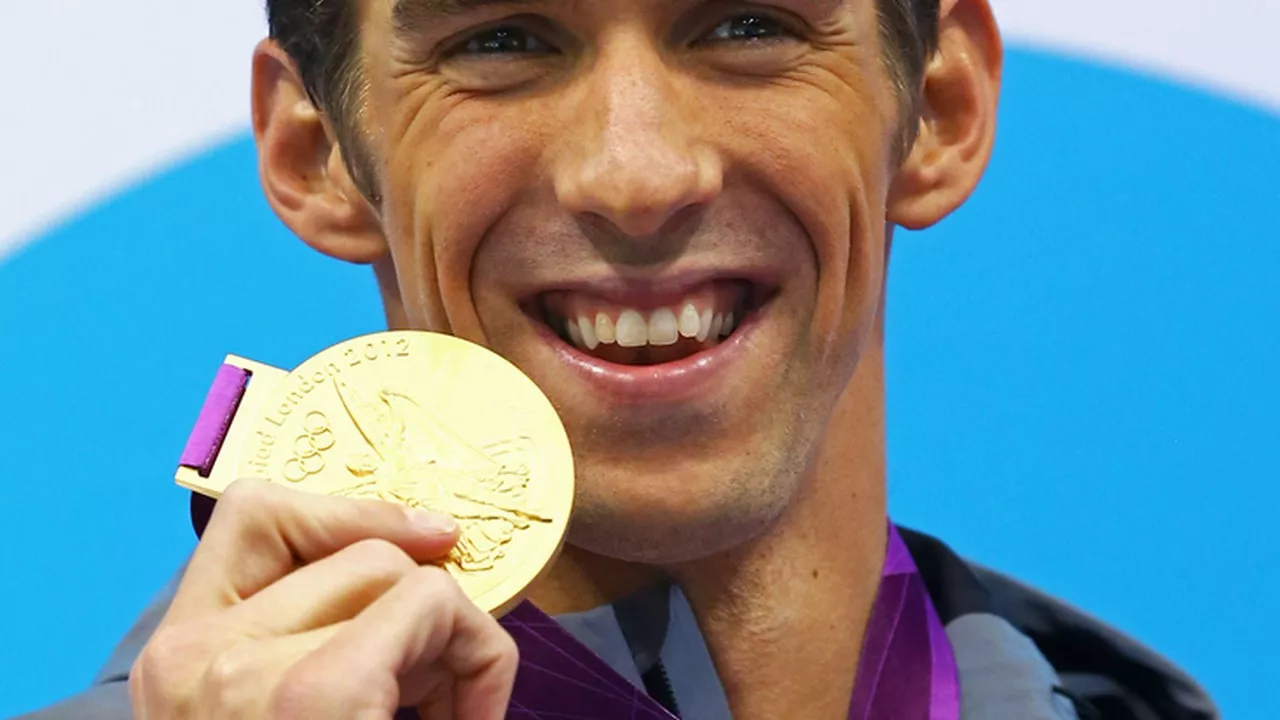Olympic Athlete Insights for Open Water Swimmers
Ever wondered what it takes to become an Olympic athlete in open water swimming? The answer is a mix of steady training, smart recovery, and a love for the water. Below you’ll find the habits that separate the pros from the rest, plus handy tips you can start using today.
Training habits you can copy
Olympic athletes log about 15‑20 miles in the pool each week, but they also spend equal time in lakes or the sea. Mixing long, steady swims with high‑intensity bursts builds the stamina needed for a 10‑km race. Try adding one endurance session (2‑3 hours) and one interval set (10 × 100 m fast) to your weekly plan.
Nutrition and recovery tricks
Fueling right is as important as the laps. Most elite swimmers eat a balanced mix of carbs, protein and healthy fats every 3‑4 hours. A quick post‑workout snack of a banana and a protein shake speeds muscle repair. Don’t skip the chill‑out – a 20‑minute cool‑down and a good night’s sleep keep the body ready for the next day.
Mindset matters too. Olympic athletes use visualization; they picture the race, the feel of the water, and the finish line. Spend five minutes before each swim closing your eyes and running the scenario in your head. It builds confidence and reduces race‑day nerves.
If you’re looking for a club that supports this level of training, Open Water Swim Clubs lists groups across the UK that host group swims, coaching clinics and open water meet‑ups. Joining a club gives you access to experienced coaches who can fine‑tune your technique and help you track progress.
Gear choice can boost performance. A well‑fitted wetsuit reduces drag and keeps you warm in cold water. Look for a suit with smooth skin‑panels and a snug seal around the neck and wrists. Pair it with anti‑fog goggles – a quick dab of baby shampoo on the lenses works wonders.
Race strategy is another pro secret. Top swimmers start at a controlled pace, then surge in the final 2 km. Knowing the water currents and drafting behind other swimmers saves energy. Scout the course on a calm day, note any chop zones, and plan where to make your move.
Finally, keep an eye on upcoming events. National qualifiers, invitationals and open water festivals are stepping stones to the Olympic stage. The tag page updates with the latest race dates, results and athlete interviews, so you never miss a chance to learn or compete.
Whether you’re a beginner or aiming for the podium, adopting these habits puts you on the right track. Check out the resources, join a club, and start training like an Olympic athlete today.

How many medals can an Olympic athlete win in swimming?
In the Olympics, a swimmer has the potential to win a surprising number of medals. The total depends on how many events they participate in and of course, how well they perform. Individual swimmers can participate in up to seven different events, which means they potentially have seven opportunities to win a medal. However, when you add relay races into the mix, this number can increase even further. So, theoretically, an Olympic swimmer can win quite a lot of medals, provided they're at the top of their game!